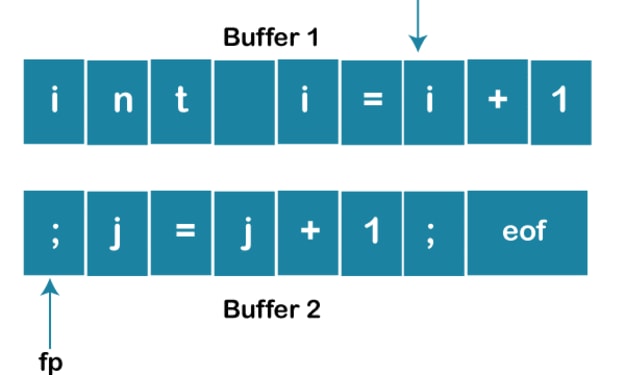How I Study SMARTER, Not HARDER
Unleashing the Power of Effective Study Techniques: Mastering the Art of Smart Studying for Academic Success

How I Study SMARTER, Not HARDER
Studying efficiently is a skill that can greatly enhance your academic performance while saving you valuable time and effort. Instead of simply studying harder and longer, it's crucial to adopt effective study strategies that optimize your learning and retention. Let's explore how you can study smarter, not harder, and achieve better results.
1. Set clear goals: Start by defining specific and achievable study goals. Having a clear purpose and direction helps you stay focused and motivated throughout your study sessions.
2. Prioritize and plan: Identify the most important topics or tasks that require your immediate attention. Break down your study material into manageable chunks and create a study schedule or to-do list to help you stay organized.
3. Use active learning techniques: Passive reading and highlighting alone are not enough. Engage actively with the material by summarizing, questioning, discussing, and teaching the concepts to yourself or others. Actively engaging with the material deepens your understanding and enhances retention.
4. Practice retrieval: Test your knowledge by regularly retrieving information from memory. Use flashcards, practice quizzes, or explain concepts to yourself without referring to your notes. Retrieval practice strengthens memory recall and helps you identify areas that need further review.
5. Utilize effective note-taking methods: Experiment with different note-taking techniques, such as the Cornell method or mind mapping, to organize and consolidate information effectively. Focus on key concepts, main ideas, and connections between topics.
6. Break it down: Avoid marathon study sessions and instead opt for shorter, focused study periods. Research suggests that studying in shorter bursts with regular breaks enhances concentration, retention, and overall productivity.
7. Create a conducive study environment: Find a quiet, well-lit, and comfortable space free from distractions. Minimize interruptions by turning off notifications on your phone or using website blockers to prevent access to distracting websites.
8. Use technology wisely: Leverage digital tools and resources to enhance your learning experience. Explore educational apps, online tutorials, and interactive platforms that align with your study goals. However, be mindful of potential distractions and use technology purposefully.
9. Seek clarification and collaboration: Don't hesitate to ask questions and seek clarification from your teachers, classmates, or online communities. Engaging in discussions, joining study groups, or finding a study buddy can provide new perspectives and help deepen your understanding.
10. Take care of your well-being: Prioritize self-care during your study routine. Get enough sleep, eat nutritious meals, exercise regularly, and manage stress effectively. Taking care of your physical and mental well-being optimizes your cognitive function and overall performance.
11. Review and revisit: Regularly review previously learned material to reinforce your understanding and prevent forgetting. Schedule periodic review sessions to refresh your memory and strengthen long-term retention.
12. Customize your study techniques: Recognize that everyone has different learning preferences and styles. Experiment with different study techniques, such as visual aids, audio recordings, or kinesthetic activities, to find what works best for you.
13. Stay motivated: Find intrinsic and extrinsic sources of motivation to sustain your study habits. Set rewards for achieving study milestones, connect the material to your personal interests or visualize your future success to stay motivated throughout your academic journey.
14. Embrace breaks and leisure activities: Taking regular breaks and engaging in leisure activities is essential for rejuvenation and maintaining a healthy study-life balance. Allow yourself time to relax, pursue hobbies, and recharge to prevent burnout.
15. Reflect and adapt: Continuously evaluate your study strategies and reflect on their effectiveness. Be willing to adapt and make changes if certain techniques are not yielding the desired results. Learning from your experiences helps refine your study approach over time.
By implementing these smarter study habits, you can optimize your learning potential and achieve better academic outcomes. Remember, it's not about how much time you spend studying, but rather how effectively you use that time to comprehend and retain information.
About the Creator
Jenny Endino
Hi, my name is Jenny.
Unveiling fascinating facts, unraveling gripping mysteries, delivering timely news, and diving into the depths of physiology. Prepare to be captivated by a world of knowledge that will leave you hungry for more.






Comments
There are no comments for this story
Be the first to respond and start the conversation.